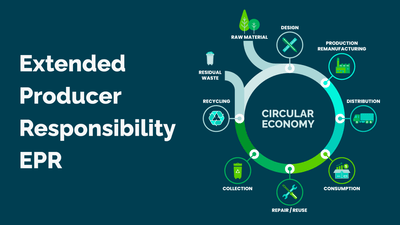
ESG Reporting Mandates: Which Countries Require Corporate Climate Disclosures?
In recent years, Environmental, Social, and Governance (ESG) criteria have become a cornerstone in the landscape of corporate accountability and sustainability. Companies globally are increasingly recognizing the importance of ESG reporting as stakeholders demand transparency regarding their environmental and social impacts. ESG reporting not only addresses investor concerns but also enhances corporate reputation and builds trust with consumers. However, the requirements for corporate climate disclosures vary significantly across countries and regions.
Read More










